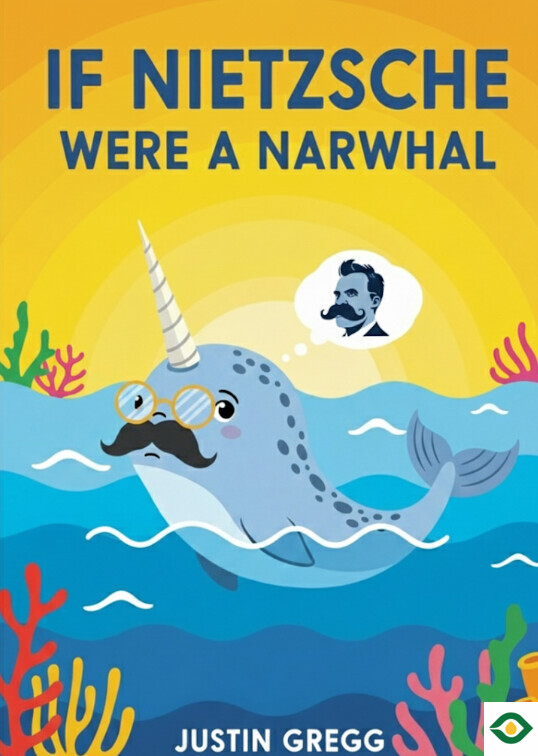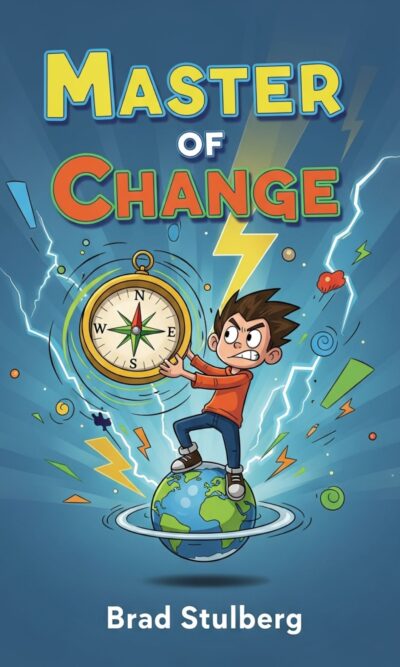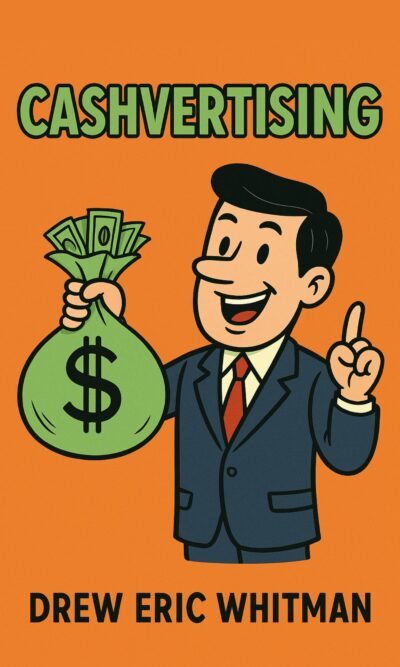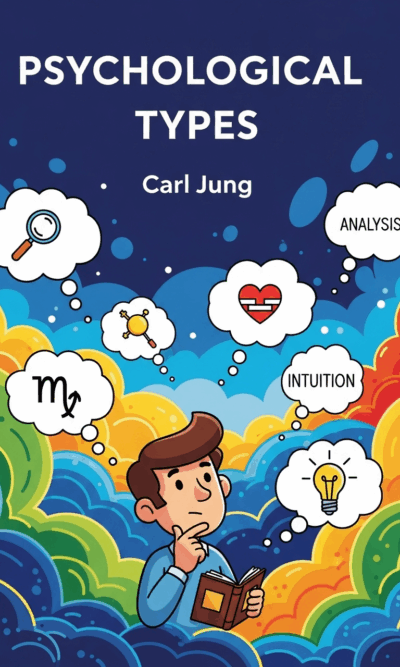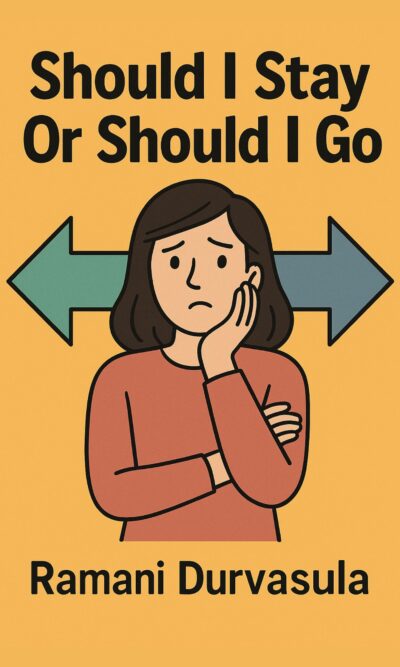Description
Humans like to think of themselves as the most intelligent species on Earth. We build skyscrapers, design rockets, split atoms, and ask deep questions about the universe. But the truth is more complicated. The very intelligence we are so proud of often leads us into traps, mistakes, and even self-destruction. Meanwhile, animals without our so-called brilliance quietly continue their lives, free from the burdens we carry. This book explores the idea that being “less intelligent” might actually be an advantage.
One story that captures this irony comes from a strange stock market competition. Three groups were given money to invest: professional financial experts, a group of schoolchildren, and a house cat named Orlando. The professionals had years of experience, the kids had curiosity, and the cat had a toy mouse dropped randomly on a grid. At the end of the year, Orlando the cat had made the most money. This may sound silly, but it highlights a deep truth: human knowledge and training don’t always give us better results than randomness or instinct.
This leads to a big question: is human intelligence truly the winning strategy for survival, or is it a curse in disguise? If survival, happiness, and long-term stability are the measures, we might not be as successful as we believe.
One of the key differences between us and other animals is our obsession with “why.” From childhood, humans are natural questioners. We ask why the sky is blue, why people behave badly, or why we exist at all. This endless curiosity has given us philosophy, science, and art. But it has also brought suffering. The German philosopher Friedrich Nietzsche once envied cows for their peaceful lives. They chewed grass and lived in the moment, never worrying about questions like “what is the meaning of life?” Nietzsche himself, burdened by such questions, eventually collapsed into mental illness. Many humans have faced similar struggles — anxiety, depression, or despair fueled by our awareness of mortality.
Animals like narwhals, cows, or crocodiles never face this problem. They don’t wake up in existential dread. They don’t ask why they exist. They just live. Perhaps that is the smarter way after all.
History shows that our advanced thinking is often double-edged. For every breakthrough invention or profound idea, humans have also used intelligence for destruction. Religion, philosophy, and even science have been twisted to justify wars, slavery, and genocide. Nietzsche’s own writings were altered after his death to support Nazi ideology, something he would have despised. This is uniquely human — using abstract ideas to cause large-scale harm.
Our imagination and creativity have also led to absurd practices. A thousand years ago in Wales, people treated snake bites by pressing a chicken’s backside onto the wound. It sounds ridiculous now, but it shows where curiosity without understanding can lead. For much of history, humans survived using “learned associations” — noticing patterns like the sound of a predator in the woods. Animals still rely on this kind of intelligence, and it works just fine for survival. But once humans crossed into deeper imagination and “why” thinking, we began creating not just aqueducts and medicines, but also myths, false sciences, and dangerous beliefs.
Take the case of skull measurements in the 1800s. An American doctor, Samuel Morton, claimed intelligence could be determined by skull size. He argued that white skulls were larger and therefore “more intelligent.” This false science gave cover to racist ideas and helped justify slavery. Here is another example of human intelligence leading to misery instead of progress.
Even our social skills reveal troubling patterns. Unlike animals, humans are masters of lying. And beyond lying, we excel at something called “bullshitting” — saying things without caring whether they are true, as long as they sound convincing. Research shows that in workplaces, people who are good at this often get promoted faster than those who are honest. In other words, our evolution rewards deception over truth. Animals can trick each other too, but humans have turned dishonesty into an art form.
Another flaw in our intelligence is what scientists call “prognostic myopia” — shortsightedness about the future. We make decisions for quick gains, ignoring long-term damage. One vivid example is our fight against bedbugs. In the early 20th century, bedbugs were everywhere in American homes. To solve the problem, we unleashed a powerful chemical called DDT. It didn’t work. The bugs evolved resistance, and the survivors spread even more widely. Worse, DDT seeped into the soil, rivers, and oceans, poisoning food and entering our bodies. It was eventually banned, but even children born today carry traces of it. Instead of killing bedbugs, we poisoned ourselves for generations.
This same shortsightedness appears in our use of fossil fuels, pollution of oceans, and destruction of ecosystems. We choose immediate comfort and profit, while pushing the planet toward a future collapse. Reports suggest that children born today are far more likely to die in an extinction-level event than in a car crash. Yet most of us don’t feel any urgency, so we continue business as usual.
Meanwhile, animals continue to live in ways that secure their survival. Bedbugs, chickens, crocodiles, and narwhals don’t destroy their own environments. They don’t invent weapons that threaten their existence. They simply live in balance with what they are. In this sense, they may be doing much better than humans at “winning” the game of life.
But not everything is hopeless. Human intelligence does give us the ability to reflect, learn, and change. Some thinkers, like psychologist Steven Pinker, believe our problems are solvable. We have the tools to create a sustainable, peaceful future if we choose to use them wisely. Others, like philosopher John Gray, are less optimistic. They see history as a cycle of progress followed by collapse, with no guarantee that we will escape our destructive patterns.
The author of this book remains uncertain but hopeful. He dreams, along with his daughter, of a world where biodiversity is restored, animal cruelty is ended, and humans finally learn to live in harmony with the planet. It is not an impossible dream. Our intelligence has given us the power to destroy, but also the power to heal.
Perhaps the biggest lesson is this: intelligence does not automatically equal success. It does not guarantee happiness, survival, or wisdom. In fact, it often leads us astray. Other creatures may not write books, paint art, or send rockets into space, but they live without the crushing weight of existential dread, without poisoning themselves, and without threatening their own survival.
In the end, maybe the narwhal, the cow, or even the humble chicken is better off than us. They may not ponder the meaning of life, but perhaps that’s exactly why they’re winning at it.

